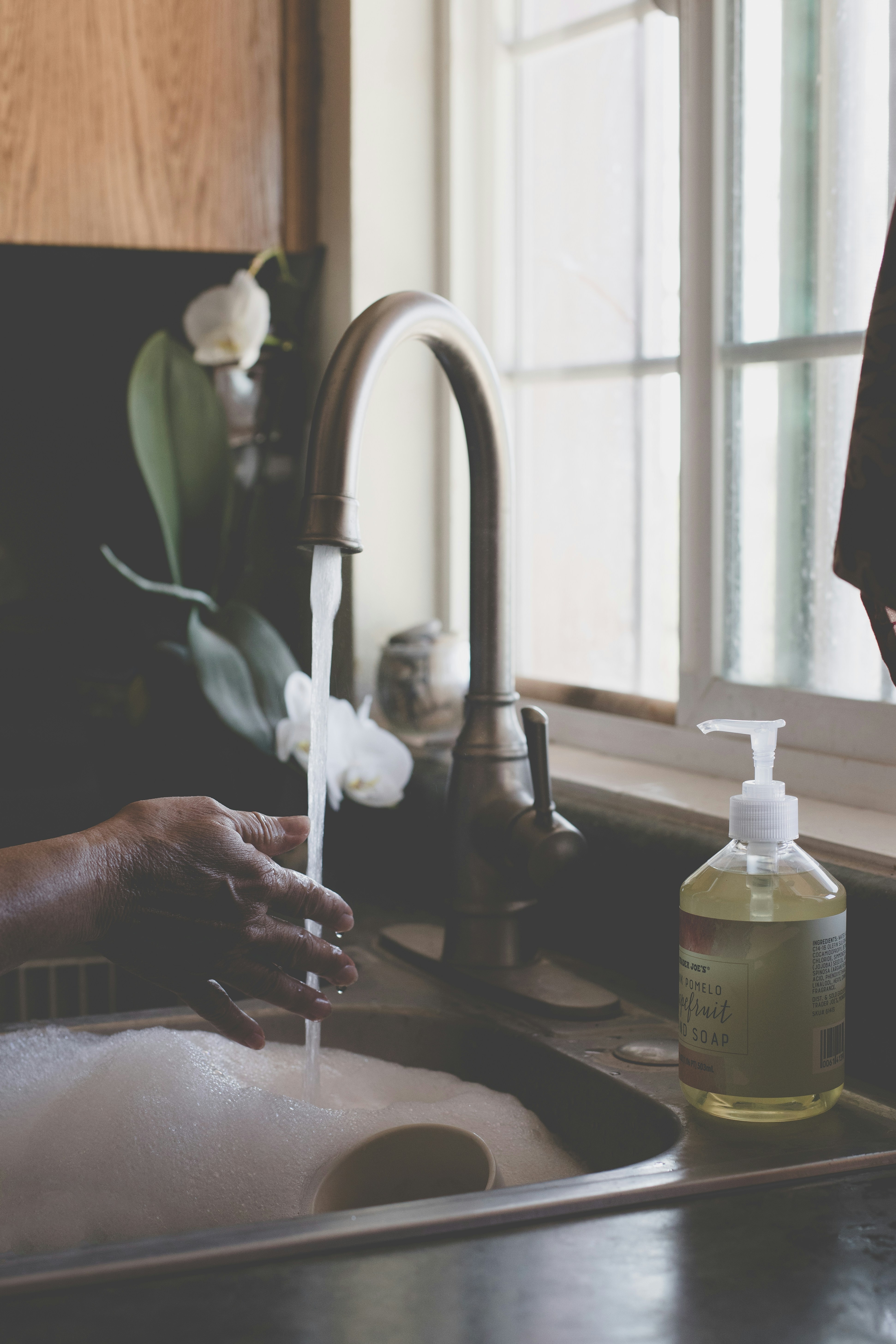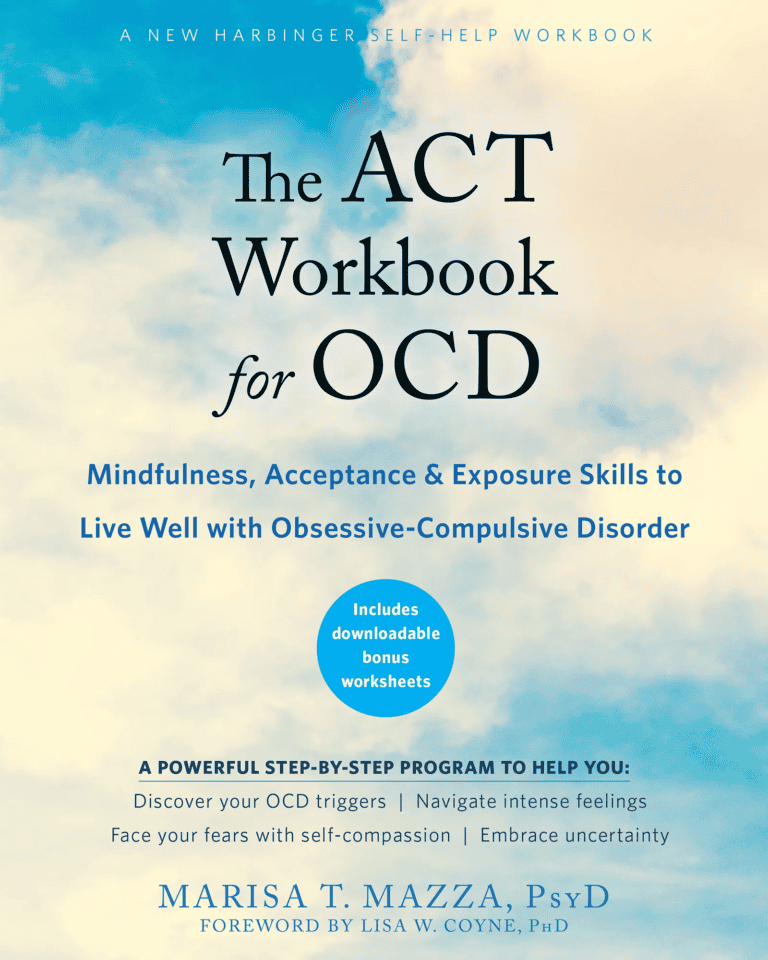Compulsive Cleaning and OCD: Understanding the Link

Compulsive cleaning is a behavior commonly associated with Obsessive-Compulsive Disorder (OCD), where individuals feel an uncontrollable urge to clean or sanitize their environment repeatedly. This behavior is not just about keeping a clean home; it often stems from the need to reduce anxiety or prevent perceived dangers, leading to excessive cleaning rituals.
While it can feel relieving in the short term, compulsive cleaning can take a significant toll on an individual’s time, energy, and overall well-being. In this article, we’ll explore compulsive cleaning, its connection to OCD, and practical strategies for managing and reducing these behaviors to lead a healthier, more balanced life.
Understanding Compulsive Cleaning
What is Compulsive Cleaning?
Compulsive cleaning refers to the repetitive and excessive cleaning behaviors driven by irrational fears or obsessive thoughts. This often includes scrubbing surfaces, disinfecting, or constantly reorganizing the home, usually in an attempt to prevent contamination or reduce anxiety.
Compulsive Cleaning vs. Regular Cleaning
While regular cleaning involves keeping your living space tidy, compulsive cleaning becomes a ritualistic behavior that can consume hours of the day and lead to feelings of distress. Compulsive cleaners often feel a temporary sense of relief after cleaning but are unable to stop the cycle.
The Connection Between OCD and Compulsive Cleaning
In individuals with OCD, compulsive cleaning is often a response to intrusive, obsessive thoughts about dirt, germs, or contamination. The act of cleaning is seen as a way to reduce the anxiety caused by these obsessive thoughts, but it is only a temporary fix.
The Psychological Triggers Behind Compulsive Cleaning
Obsessive Thoughts and Anxiety
Compulsive cleaning is often triggered by obsessive thoughts that something is “dirty” or “contaminated.” These thoughts create intense anxiety, leading the individual to feel that cleaning is necessary to neutralize the perceived threat.
Fear of Contamination
One of the most common psychological triggers for compulsive cleaning is the fear of contamination. This can include concerns about germs, bacteria, or even emotional contamination (e.g., feeling “dirty” after a stressful event). The fear drives individuals to clean excessively to alleviate the anxiety.
The Role of Perfectionism
Perfectionism can also contribute to compulsive cleaning behaviors. Some individuals feel that their environment must be spotless, and even a small imperfection can lead to a compulsion to clean. This need for perfection can create an ongoing cycle of cleaning and dissatisfaction.
The Impact of Compulsive Cleaning on Daily Life
Time and Energy Drain
Compulsive cleaning can take up a large portion of an individual’s day, leaving little time for other activities or relaxation. The repetitive nature of cleaning rituals can lead to exhaustion and reduce productivity in other areas of life.
Strained Relationships
Family members and loved ones may not understand the reasons behind compulsive cleaning, which can lead to tension in relationships. Partners or children may feel neglected or frustrated by the constant need to clean, further isolating the individual.
Mental and Emotional Exhaustion
Constantly engaging in cleaning rituals can lead to mental and emotional exhaustion. The anxiety associated with compulsive cleaning can contribute to feelings of depression, frustration, and low self-esteem, as the individual may feel out of control or ashamed of their behavior.
Effective Strategies for Managing Compulsive Cleaning
Cognitive Behavioral Therapy (CBT) for OCD
Cognitive Behavioral Therapy (CBT), specifically Exposure and Response Prevention (ERP), is a highly effective treatment for compulsive behaviors related to OCD. ERP involves gradually exposing the individual to situations that trigger anxiety (e.g., dirt or germs) while preventing the compulsive behavior (e.g., cleaning), helping them learn to tolerate the discomfort without engaging in the ritual.
Mindfulness and Relaxation Techniques
Mindfulness techniques can help reduce the anxiety that fuels compulsive cleaning. By focusing on the present moment and practicing deep breathing, individuals can manage their anxiety and reduce the urge to clean excessively. Meditation and progressive muscle relaxation can also be helpful in managing stress and improving emotional regulation.
Gradual Reduction of Cleaning Rituals
A helpful strategy is to gradually reduce the amount of time spent on cleaning. Start by setting small, achievable goals—such as cutting down the cleaning time by 10 minutes each day—and slowly increase the duration between cleaning sessions. This helps individuals regain control over their behavior and reduces the need for excessive cleaning.
Practical Tips to Manage Compulsive Cleaning at Home
Create a Cleaning Schedule
Instead of engaging in constant cleaning, create a structured cleaning schedule with specific tasks assigned for certain days. By sticking to this routine, individuals can limit the time spent cleaning and avoid excessive cleaning rituals.
Limit the Availability of Cleaning Supplies
A simple yet effective strategy is to limit access to cleaning supplies. Keeping cleaning products in a designated area and setting a rule to only use them during specific times can help reduce the temptation to clean impulsively.
Challenge Perfectionist Thoughts
Work on recognizing and challenging perfectionist thoughts related to cleanliness. Remind yourself that it’s okay if the environment isn’t spotless and that cleaning doesn’t have to be perfect to be effective. Embrace the idea that “good enough” is enough.
When to Seek Professional Help for Compulsive Cleaning
Recognizing When OCD is Out of Control
If compulsive cleaning is interfering with daily life, relationships, or emotional well-being, it may be time to seek professional help. A therapist specializing in OCD can help individuals understand their behavior and develop effective coping strategies.
Therapies for Compulsive Cleaning
In addition to CBT and ERP, other therapeutic approaches like Acceptance and Commitment Therapy (ACT) or Mindfulness-Based Cognitive Therapy (MBCT) can help individuals manage compulsive behaviors and reduce the impact of OCD on their daily lives.
Medication Options for OCD
In some cases, medication may be prescribed to help manage OCD symptoms, including compulsive cleaning. Selective serotonin reuptake inhibitors (SSRIs) are commonly used to treat OCD and can help reduce the severity of compulsive behaviors.
Conclusion:
Compulsive cleaning is a challenging aspect of OCD that can significantly impact an individual’s life. However, by understanding the underlying psychological triggers and implementing effective strategies—such as CBT, mindfulness, and gradual reduction of cleaning behaviors—individuals can regain control over their compulsive cleaning tendencies. With the right support and treatment, it is possible to break the cycle of compulsive cleaning and create a healthier, more balanced approach to managing OCD.





